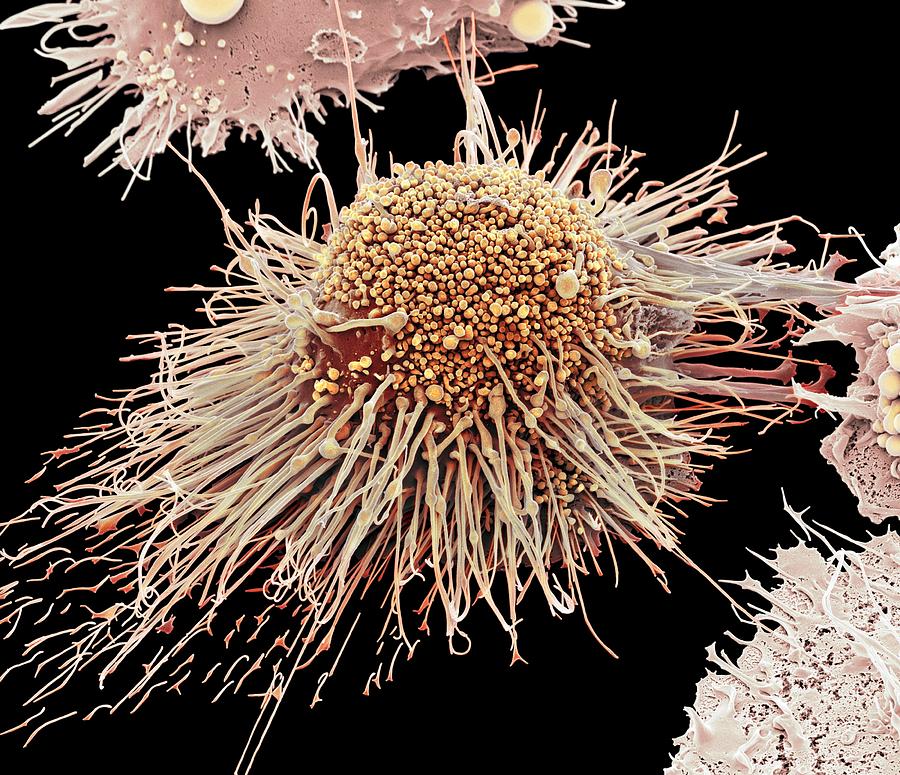Earlier this week the CJEU provided its ruling in the highly anticipated case of BSH Hausgeräte v. Electrolux (Case C-339/22, February 2025). The case addressed longstanding questions about the jurisdiction of European courts when patent invalidity is raised as a defence in an infringement case. The CJEU found that national courts maintain jurisdiction over infringement claims against defendants domiciled in their territory, even when invalidity of foreign patents is raised. The case follows a recent UPC case that tackled similar questions relating to the jurisdiction of the UPC to hear cases relating to UK patent infringement (UPC_CFI_355/2023).
BSH sued Electrolux (a Swedish company) in Sweden. BSH alleged that Electrolux infringed its EP1434512 (relating to vacuum cleaners) which was validated in certain EU states and Turkey. BSH requested an injunction and damages for infringement in all these countries. In response, Electrolux argued that the patents were invalid and that the court had no jurisdiction, claiming that Article 24(4) of the Brussels Regulation meant that if invalidity was raised, the court would lose jurisdiction over the infringement case.
Article 4(1) Brussels I Regulation (Regulation 1215/2012) states that “persons domiciled in a Member State shall, whatever their nationality, be sued in the courts of that Member State“.
Article 24 Brussels I Regulation (Regulation 1215/2012) states that: “The following courts of a Member State shall have exclusive jurisdiction, regardless of the domicile of the parties […] (4) in proceedings concerned with the registration or validity of patents […] irrespective of whether the issue is raised by way of an action or as a defence, the courts of the Member State in which the deposit or registration has been applied for“.
The Swedish court of appeal referred the following questions to the CJEU:
1. Does a court that has jurisdiction for patent infringement under Article 4(1) of the Regulation lose its jurisdiction if the validity of the patent is contested? Or does the court only have jurisdiction to decide on validity?
2. Is it relevant whether national law requires a separate invalidity action?
3. Does Article 24(4) of the Regulation also apply to courts of third countries (here: Turkey)?
The CJEU ruled in BSH’s favour, finding that Article 24(4) should be strictly interpreted as an exception to the general rule of Article 4(1). The CJEU particularly found that whilst national courts cannot rule on the validity of foreign patents, they can continue hearing infringement claims, with the option to stay proceedings if there’s a reasonable possibility the patent might be invalidated in its country of registration. The CJEU concluded that under Article 4(1), the court in which the defendant is domiciled remains competent to decide on patent infringement, even if the patent was granted in another European state and even if the validity of the patent is contested. At the same time, the CJEU confirmed the exclusive jurisdiction of the courts of the patent-granting state to decide on the validity of the patent.
Therefore, according to the CJEU decision, EU courts (including the UPC) can look at the question of validity of European patents in non-EU countries to determine infringement issues. However, the EU court’s decision will not affect the existence or content of the patent in that third country (para. 74).









